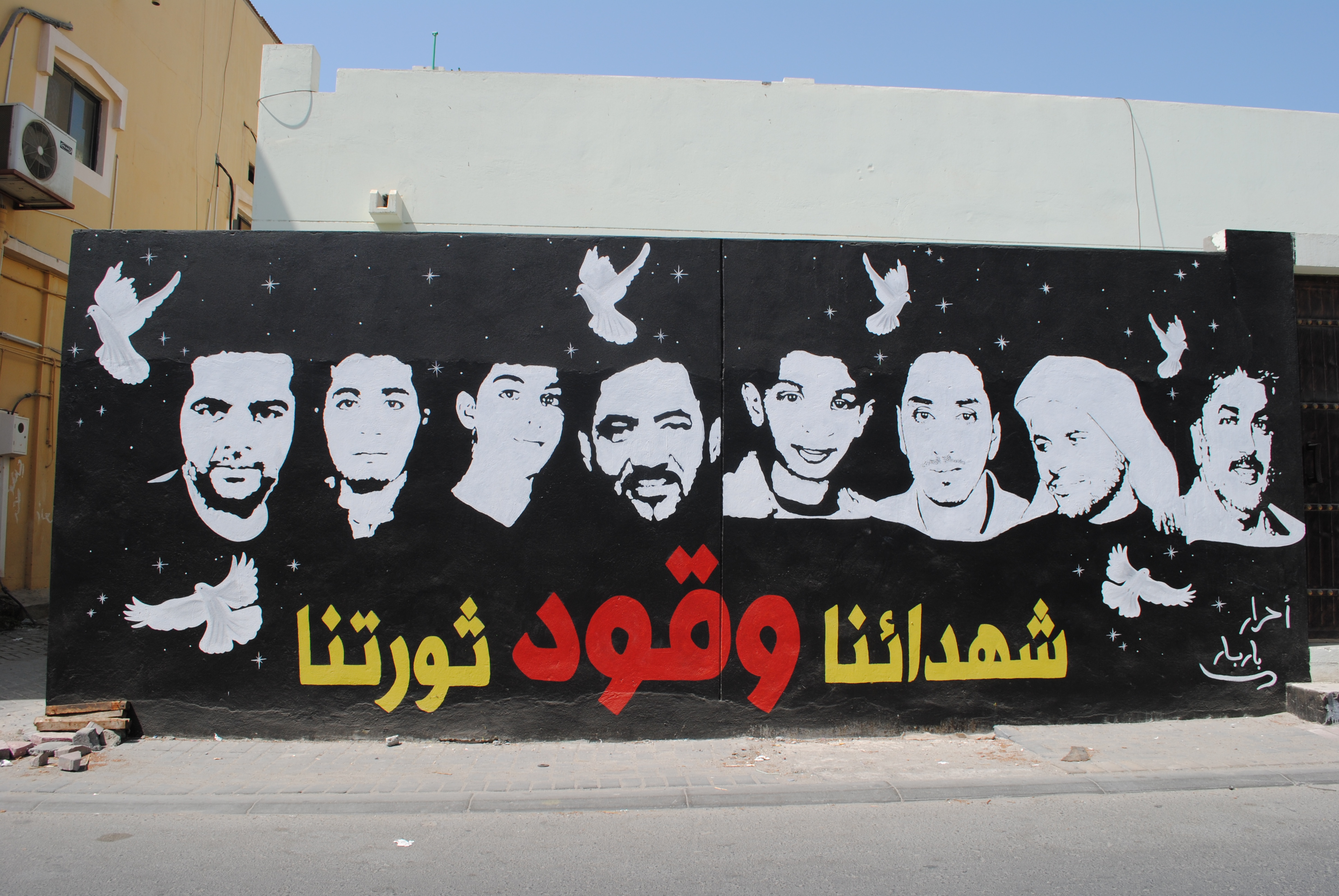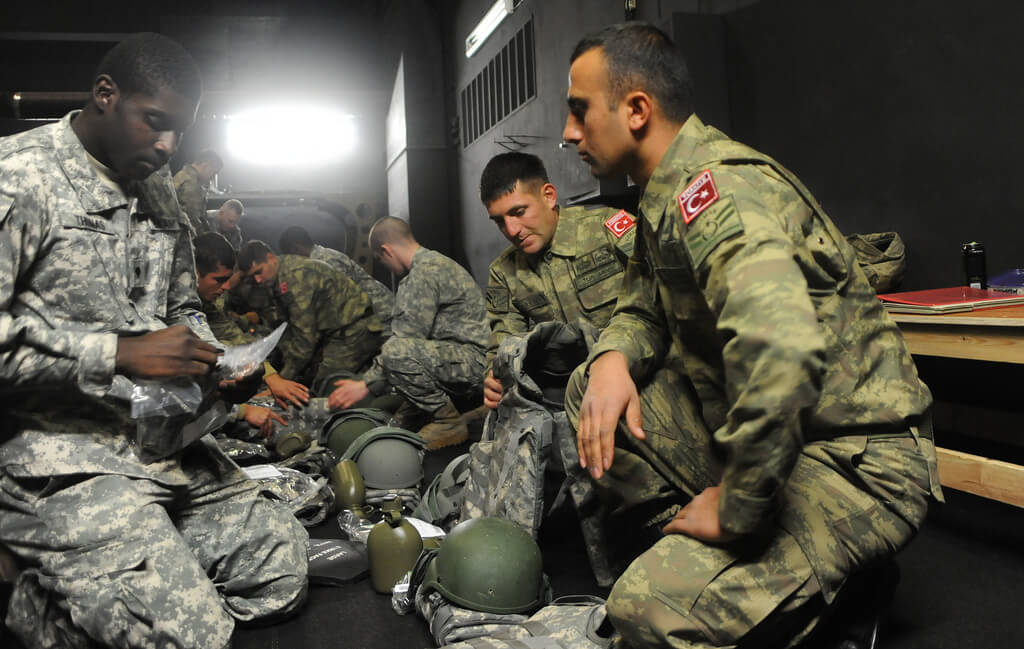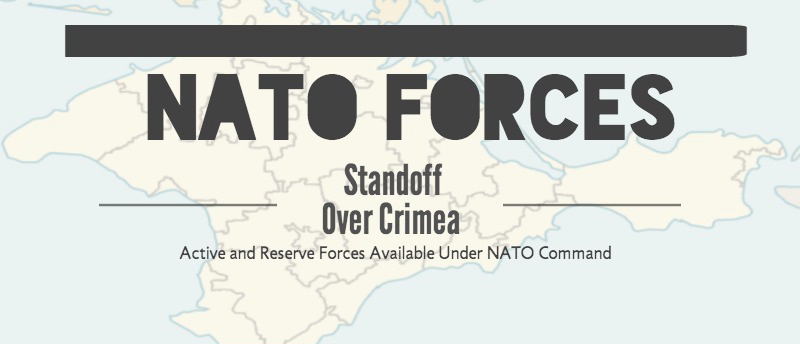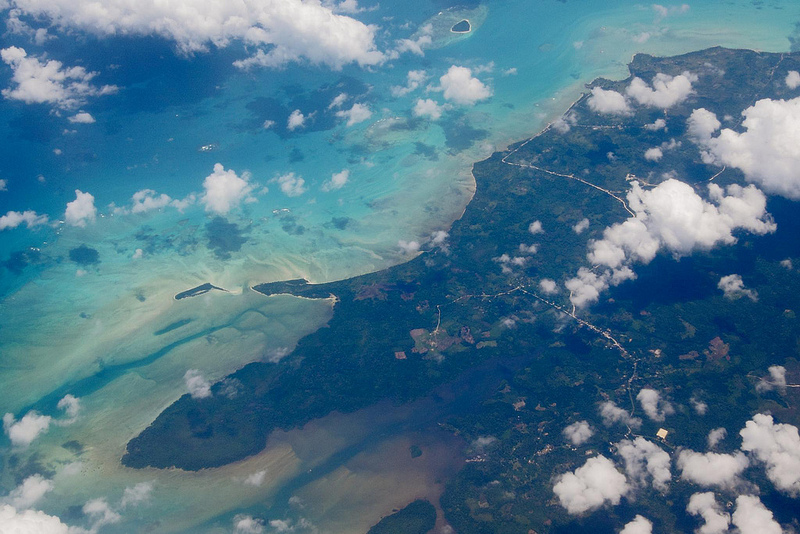Since the Arab Spring in 2011, the Bahrain dictatorship has maintained a tight grip on liberties. According to the 2014 Human Rights Report on the country, the government has imposed strict limits on citizens’ ability to protest. Examples of arbitrary arrest are numerous. A recent Amnesty International report mentions numerous cases of torture and sexual assault on prisoners, often imprisoned for peaceful demonstrations. Despite the fact that Bahrain agreed to implement reforms by the Bahrain Independent Commission of Inquiry (BICI) in 2012, their impact has been minimal. In spite of legal additions and new human rights protections, arbitrary arrests and persecution continue unabated.
NGOs thus expressed outrage on June 29, 2015, when the United States announced it was removing the restrictions on military aid to Bahrain, despite the human rights concerns. State department spokesman John Kirby said Bahrain was a “long-standing ally” in the campaign against ISIS, although included that despite the changes, they would continue to press for human rights. Groups like Human Rights Watch criticised the decision; Washington director Sarah Margon concluded “whatever the real reasons for reviving these arms sales, it’s clear that the decision has not been taken in the interest of the people of Bahrain.”
The United States’ actions regarding arms trading is one of making an unofficial policy official. The restrictions were initially implemented back in 2011, when U.S. Congress postponed a $53 million arms deal with Bahrain in order to investigate the military clampdown against democratic protests. The State Department managed to circumvent the obstruction through a loophole: as any sale less than $1 million does not need Congressional authorization, Washington was able to bypass the House by providing the arms in small instalments. While President Obama initially called on Bahrain to address its persecution of Shi’ites in 2011, calls for reform died afterwards. In July 2014, Assistant Secretary of State for Human Rights Tom Malinowski was expelled from Bahrain for meeting with the political opposition. The United States decided not to respond to the affair.
Bahrain’s biggest contribution to American foreign affairs resides in the U.S. naval base, which houses the Fifth Fleet responsible for patrolling and safeguarding the Gulf Sea and the Strait of Hormuz. Last year, the fleet earmarked $580 million for a base expansion to accommodate the Navy’s new littoral combat ships once they become operational in 2018. Vice Admiral John Miller, commander of the Fifth Fleet, stated in May 2014 that “we would not plan for this infrastructure if we did not plan on staying here.” In response to Bahrain’s abuses, groups and journalists have called to relocate the Fifth Fleet bases; last May, the U.S. House of Representatives passed a defense bill requiring the Pentagon to relocate the Fifth Fleet if political tensions persisted in the country. Military planners have always refused to do so, and given the insecurity throughout the Gulf area, any move would be seen as counterproductive to operations in the region.
Much of the contention surrounding Bahrain is due to its demographics: the ruling monarchy and party is Sunni, but approximately 65-75% of the population is Shia. Thus the ruling elite fear Shi’ite Iran, while maintaining a powerful relationship with their fellow Sunnis in Saudi Arabia. Back in 2011, Saudi Arabia, under the permission of the Gulf Cooperation Council, sent 1,200 troops to Bahrain to stop the Shi’ite protests advocating for greater transparency and democracy. Since then, Bahrain has tried to portray all protestors, who are often disenfranchised Shi’ites, as “terrorists” friendly with the Islamic State.
The Saudi-Iranian rivalry casts a long shadow over Bahrain. While there is no proof of Iranian influence in the 2011 protests, Bahrain continues to blame the Shi’ite country for meddling in their affairs. Last month, Bahrain claimed it seized Iranian explosives and bomb-making materials meant for use in its country and Saudi Arabia. Commenting on the affair, the chief of police called the equipment “a significant escalation in attempts to smuggle explosives material into Bahrain.” Recently released diplomatic cables from Wikileaks further show Saudi Arabia is concerned about the rise of Shi’ite nationalism in its neighbouring state. Coupled with the war in Yemen and an uncertain Iranian nuclear deal that Saudi Arabia opposes, tensions in Bahrain remain high.






